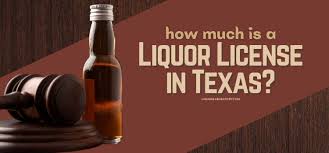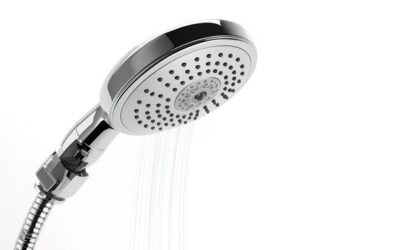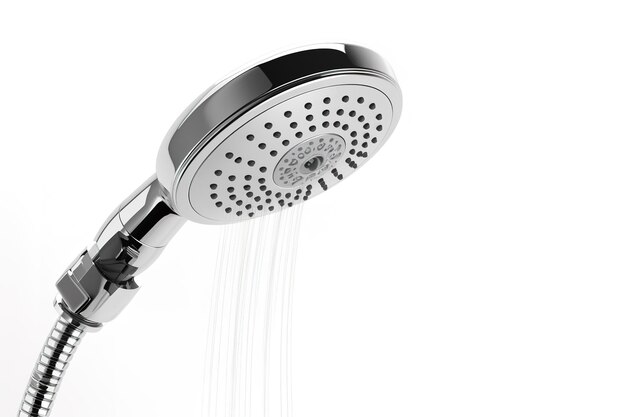Can I Sell Alcohol Without a Texas Liquor License at Events?

Planning events where alcohol is served can be an exciting venture, but it comes with a myriad of legal considerations, especially in Texas. The Lone Star State has stringent regulations regarding the sale of alcohol, and attempting to sell it without the proper license can lead to severe consequences. This article explores the question, “Can I sell alcohol without a Texas liquor license at events?” and delves into the legal aspects and potential ramifications of such actions.
2. The Importance of a Texas Liquor License
In Texas, the sale of alcohol is regulated by the Texas Alcoholic Beverage Commission (TABC). Obtaining a liquor license is a crucial step for anyone looking to sell alcohol legally. The license ensures that businesses comply with state laws, maintain public safety, and contribute to responsible alcohol consumption.
3. Legal Consequences of Selling Alcohol Without a License
Selling alcohol without the required license is a serious offense in Texas. Violators may face hefty fines, suspension of business operations, and even criminal charges. It is essential to understand that ignorance of the law is not a valid defense, and the consequences can have a lasting impact on both individuals and businesses.
4. Temporary Event Permits
While a permanent liquor license is necessary for regular establishments, there are provisions for temporary events. Temporary Event Permits (TEPs) allow individuals and organizations to sell alcohol at specific events without holding a permanent license.
4.1 Eligibility and Application Process
To be eligible for a TEP, applicants must meet certain criteria, such as being a nonprofit organization or partnering with one. The application process involves submitting detailed information about the event, including the date, location, expected attendance, and the types of alcohol to be sold.
4.2 Restrictions and Limitations
TEPs come with restrictions, including limits on the number of permits issued to a single entity within a calendar year. Additionally, there are restrictions on the types of events for which a TEP can be obtained. Understanding these limitations is crucial to ensure compliance with Texas alcohol laws.
5. Private Events and BYOB Policies
Private events, such as weddings and parties, present a different set of considerations. While it is generally legal to serve alcohol at private events without a license, selling it is a different matter. Some venues may allow “Bring Your Own Bottle” (BYOB) policies, where guests bring their own alcohol. However, even in these cases, certain regulations must be followed to avoid legal complications.
6. Common Misconceptions
There are several common misconceptions about selling alcohol without a license in Texas. Some individuals mistakenly believe that selling alcohol at small events or private gatherings is exempt from licensing requirements. Clarifying these misconceptions is crucial for ensuring legal compliance.
7. Penalties for Violating Texas Alcohol Laws
Texas imposes severe penalties for violating alcohol laws. Penalties may include fines, suspension or revocation of licenses, and even imprisonment. Understanding the potential consequences serves as a deterrent and underscores the importance of adhering to the state’s regulations.
Martin Frost & Hill is a law firm based in Austin, Texas. The firm specializes in Texas Alcoholic Beverage Commission and TTB permits representing alcoholic beverage retailers, marketers, importers and manufacturers in all matters related to their regulated operations and liquor license procedures.
8. Conclusion
In conclusion, selling alcohol without a Texas liquor license at events is not only illegal but can also lead to severe legal consequences. Obtaining the appropriate licenses, such as Temporary Event Permits, is crucial for ensuring compliance with state laws. Individuals and businesses involved in the sale of alcohol must be aware of the regulations, eligibility criteria, and restrictions to avoid facing penalties.
Before planning any event involving alcohol, it is advisable to consult with legal professionals or the Texas Alcoholic Beverage Commission to gain a thorough understanding of the applicable laws and requirements. Remember, a proactive approach to compliance is essential for the success of your event and the protection of all parties involved.









